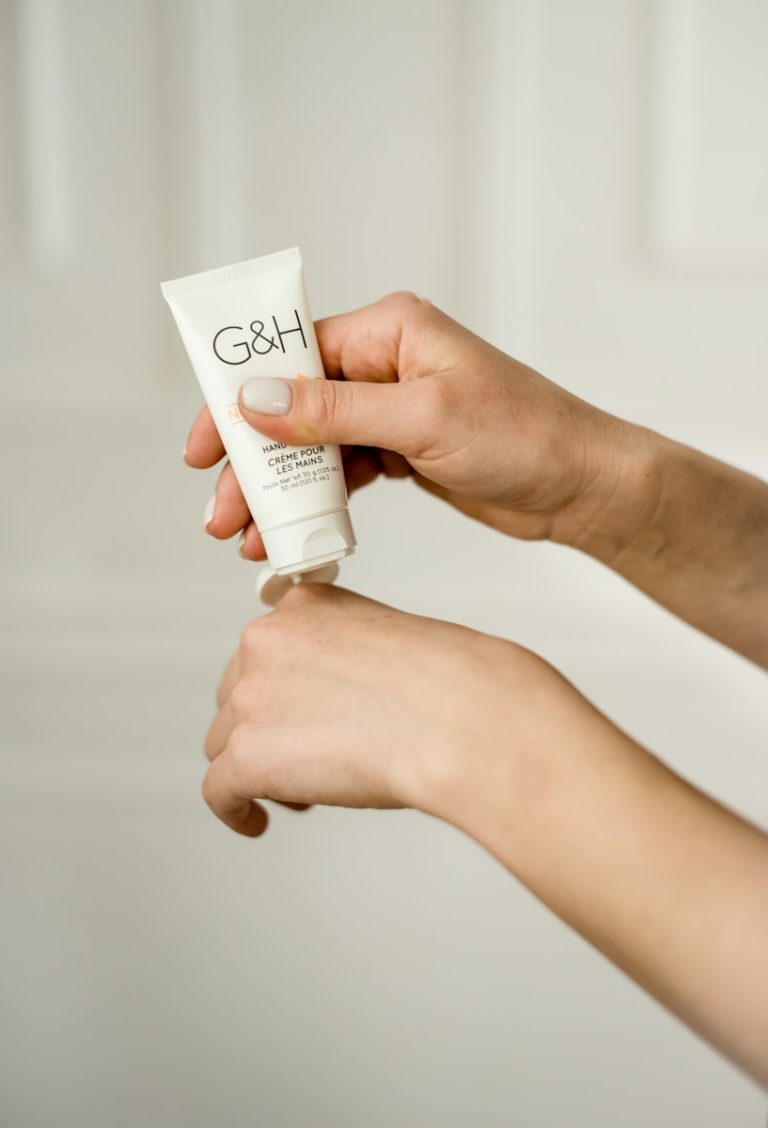For years, beauty regimens have carried a stigma—often dismissed as superficial indulgences or unnecessary vanities. However, the tides are turning as more people realize that these practices go far beyond aesthetics, contributing to both physical and mental well-being. This shift invites us to ask: Is your beauty routine really about health, too? Let’s dive into the ways beauty practices are quietly doubling as acts of self-care, holistic wellness, and even preventative health measures.
Story Stages
Combining Health and Beauty
It’s time to embrace the idea that beauty and health are two sides of the same coin. Many beauty routines incorporate practices that promote physical wellness alongside aesthetic benefits, creating a synergy that’s hard to ignore. Hydrating face masks, for instance, don’t just give you glowing skin—they also replenish your body’s moisture barrier, protecting you from environmental stressors. Similarly, SPF in your makeup isn’t just a vanity choice; it’s a shield against skin cancer. By combining health and beauty, you’re not just enhancing your appearance; you’re fostering a much happier you. Taking care of yourself in these small but significant ways reinforces a sense of self-worth and overall wellness.
Haircare: More Than Just a Good Hair Day
Your hair isn’t just an accessory—it’s a part of your body, and caring for it can have profound health implications. The scalp is an extension of your skin, and healthy hair often begins with a nourished scalp. High-quality products, like a smoothing shampoo, don’t merely tame frizz or enhance shine. They also clean and hydrate the scalp, promoting better blood circulation and reducing irritation that can lead to hair thinning or loss.
Haircare rituals can also become therapeutic. Washing, conditioning, and styling your hair might feel like a simple task, but these routines can serve as grounding moments in your day. Taking time to care for your hair provides an opportunity to connect with yourself, slow down, and focus on small, positive acts. Hair health is a reflection of internal well-being, so taking care of it is a way to nourish yourself from the inside out.
Skin Health is Whole-Body Health
Your skin is your largest organ, and it works hard to protect you from external harm, regulate temperature, and keep moisture in. Neglecting it isn’t an option when you consider its essential role in your overall health. Skincare routines go beyond mere vanity when they address dryness, acne, or other conditions that could lead to discomfort or even infections.
Using gentle cleansers and moisturizers supports your skin’s ability to do its job, while exfoliating products remove dead cells that could clog pores or slow regeneration. These practices also serve a psychological purpose. There’s something undeniably uplifting about the feel of clean, cared-for skin. When your skin feels good, you feel good—a simple truth that underscores why skincare is both a health and a happiness booster.
The Mental Health Boost of Self-Care
Engaging in a consistent beauty routine can work wonders for your mental health. The act of dedicating time to care for yourself sends a powerful message: You are worth the effort. This intentional self-care builds confidence, reduces stress, and even helps combat anxiety. Taking just 10 minutes to apply a favorite face mask or massage a nourishing oil into your skin can help calm a racing mind and provide a moment of peace.
The mental health benefits don’t stop there. The transformation you see in the mirror—a clearer complexion, shinier hair, or brighter eyes—can reinforce positive feelings about yourself. This isn’t vanity; it’s a reminder of the agency you have over your own well-being. Beauty rituals create a space to reconnect with yourself in a world that often demands constant outward focus.
Nails: A Health Indicator and a Confidence Boost
Nails might seem like a minor detail in your overall appearance, but they’re surprisingly tied to your health. Brittle, discolored, or misshapen nails can be early indicators of underlying issues such as nutrient deficiencies or even thyroid problems. Regular grooming not only keeps nails looking polished but also ensures you’re staying on top of your overall health.
Manicures and pedicures can also prevent common issues like ingrown nails or fungal infections. Beyond the health benefits, there’s a psychological lift that comes from well-groomed nails. Clean, trimmed, and polished nails exude confidence and attention to detail, whether you’re shaking hands at work or relaxing with friends.
Beauty Routines Foster Community and Connection
Beauty is often a social experience. Whether it’s swapping skincare tips with friends, watching a tutorial, or bonding over a spa day, these rituals have a way of bringing people together. The sense of connection you get from these shared experiences is a powerful antidote to feelings of isolation, which can negatively affect both physical and mental health.
Beyond personal relationships, the larger beauty community offers a wealth of knowledge and support. Discussions around wellness, inclusivity, and self-care are thriving, creating spaces where people can explore what works for them and why it matters. These conversations normalize the idea that taking care of yourself isn’t selfish—it’s essential.
